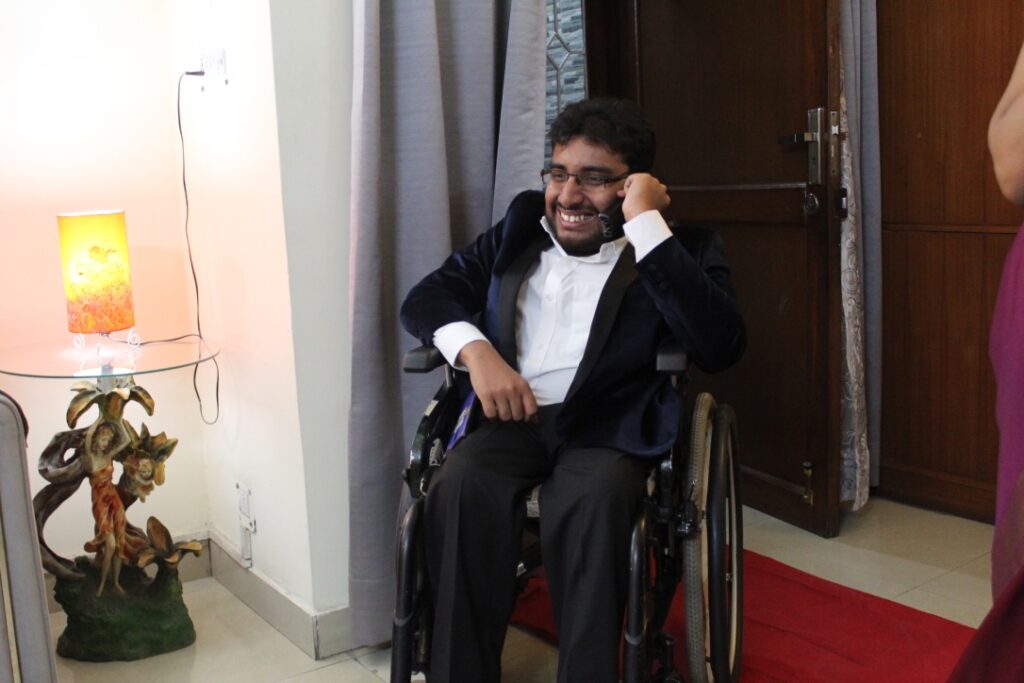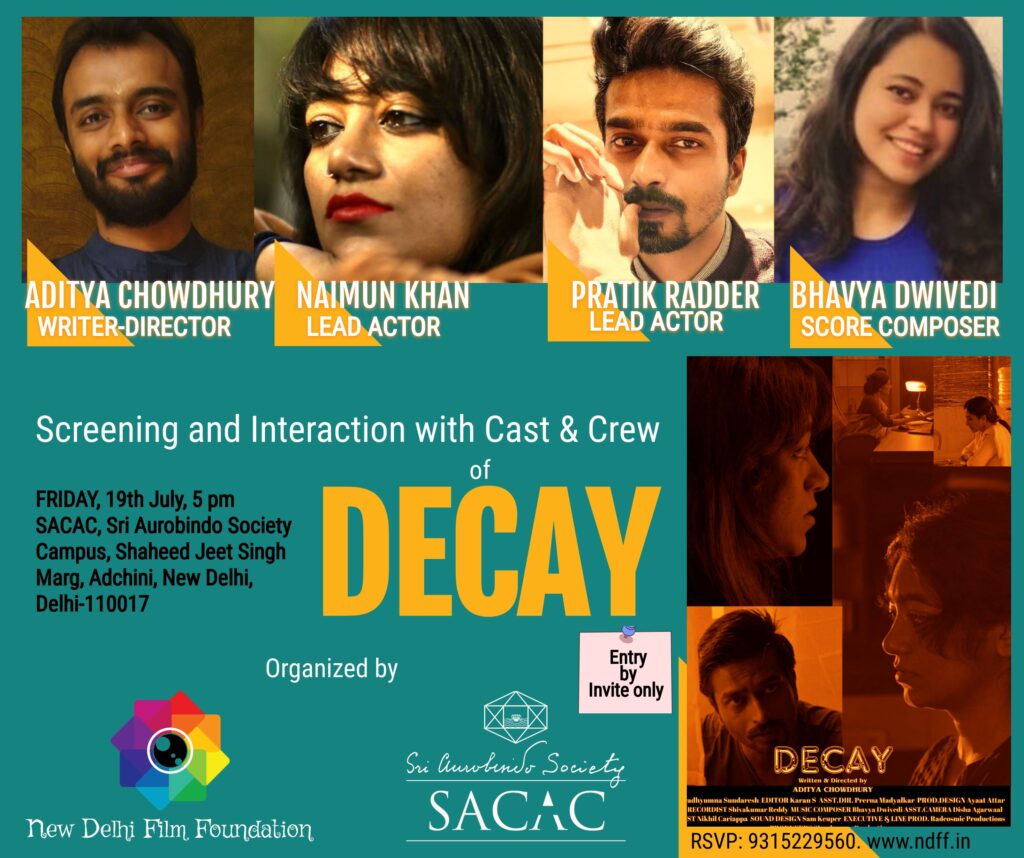House of Secrets: The Burari Deaths : A Review



Three years back in 2018 the deaths of eleven family members in Burari, Delhi; had shaken the whole nation. Now Leena Yadav (Director of Shabd, Parched, Teen Patti, Rajma Chawal etc) has come up with a mini series of documentary on it, that started streaming on Netflix on Oct 8. Here Rachit Raj gives a review of this film. Rachit prefers to be called a film critic by accident, an academician by design, and a storyteller by choice.
Frederick Nietzsche in his philosophical fiction Thus Spoke Zathustra in 1883 famously said “God is dead”. He said this as a response to Enlightenment, meaning that the previously understood, Catholic idea of a God is dead in the modern age. At one point in the new Netflix documentary series House of Secrets: The Burari Deaths, a close friend of one of the family members says how the entire incident ruptured his already dwindling faith on God. In that sense, Leena Yadav-directed series can be visualized as an argumentative furthering of Nietzsche‘s philosophy, not just as the death of the Catholic idea of a God, but as a commentary on how extremism, blind-faith and an inclination towards reducing life to a falsified idea of the Holy is also the death of God, as we largely understand and accept the concept of it.
Set in Delhi, this enthralling, uncomfortable show reflects at the case where eleven members of the same family living in Burari were found dead, hanging within touching distance of each other. It is a recent case, and one that fizzled in my memory after the initial inclination for facts was replaced by a media mayhem that, as Barkha Dutt explains at one point in this series, can be seen as a prelude to how populist media centres have responded to death by suicide or other sensitive topics post the Burari case.
This is where Yadav, helped by a brilliant background score by A. R. Rahman, elevates the series from being an investigation of the deaths of those eleven members of the same family to a larger, more threatening and urgent concerns that the case raises about our society.
In doing that the show takes a riskier turn, evading the more easy, limiting approach of only focusing on the case. Given the mystery and a complex array of twists in the case, that alone could have made for a decent watch. But in turning the gaze on the society, the show becomes more impactful, uncomfortable and memorable.
The story of a family’s descent into a cult-like devotion towards one man, Lalit, is easy to see as a stand-alone case of an antagonizing authoritarian bringing down his entire family. But the show also gives the threatening prospect in front of its viewers of how claustrophobic it must have been for the young generation to be constrained by the words written in a diary.
Beyond the final outcome of the death (the question of murder, or suicide finds a fascinating culmination in the final episode), the show also asks the purpose of such a curtailed, controlled life. The suffocation of rigidity in the name of religious devotion is as much an act of fatality, in that sense, as the final death of those individuals.
But just when you think the commentary on religious dogmatism is the primary theme of the series, the final episode churns incidents from the past that not just give Lalit a humane side, but a reliable back-story. It gives him the narrative arc similar to that of other, more ominous cult-leaders and dictators.
Like Adolf Hitler who lost his vision after the First World War and gained a sense of self-declared Godly reverence upon regaining it as mysteriously as he lost it, Lalit finds his reason to establish himself as the Messenger of their dead father when he regains his voice after years of silence caused by an accident.
He emerges in his family how many dictators rose in their countries as the Gifted One. It gave him an established sense of authority amongst those around him, helping him in leading them to an incomprehensible, absurd road of religious purity and a life that brings them closer to their dead father.

House of Secrets: The Burari Deaths is as much about religious rigidity and its role in the inevitable erosion of the holy idea of God, as it is about the lack of societal understanding of mental health. It is a story not about a family, but a story that could potentially be the truth of any other family. It is searing not because of the deaths it covers, but because it reminds us how easy it is to be snatched off your rationality in the face of blind-faith. It haunts us with the possibility of another Burari-like tragedy in a country that continues to prefer a scathing, limiting idea of God instead of a simpler, more inclusive life. It is a cautionary tale of how in restricting life, and submitting to such mad routines and rituals, we are playing a part in the death of God.




